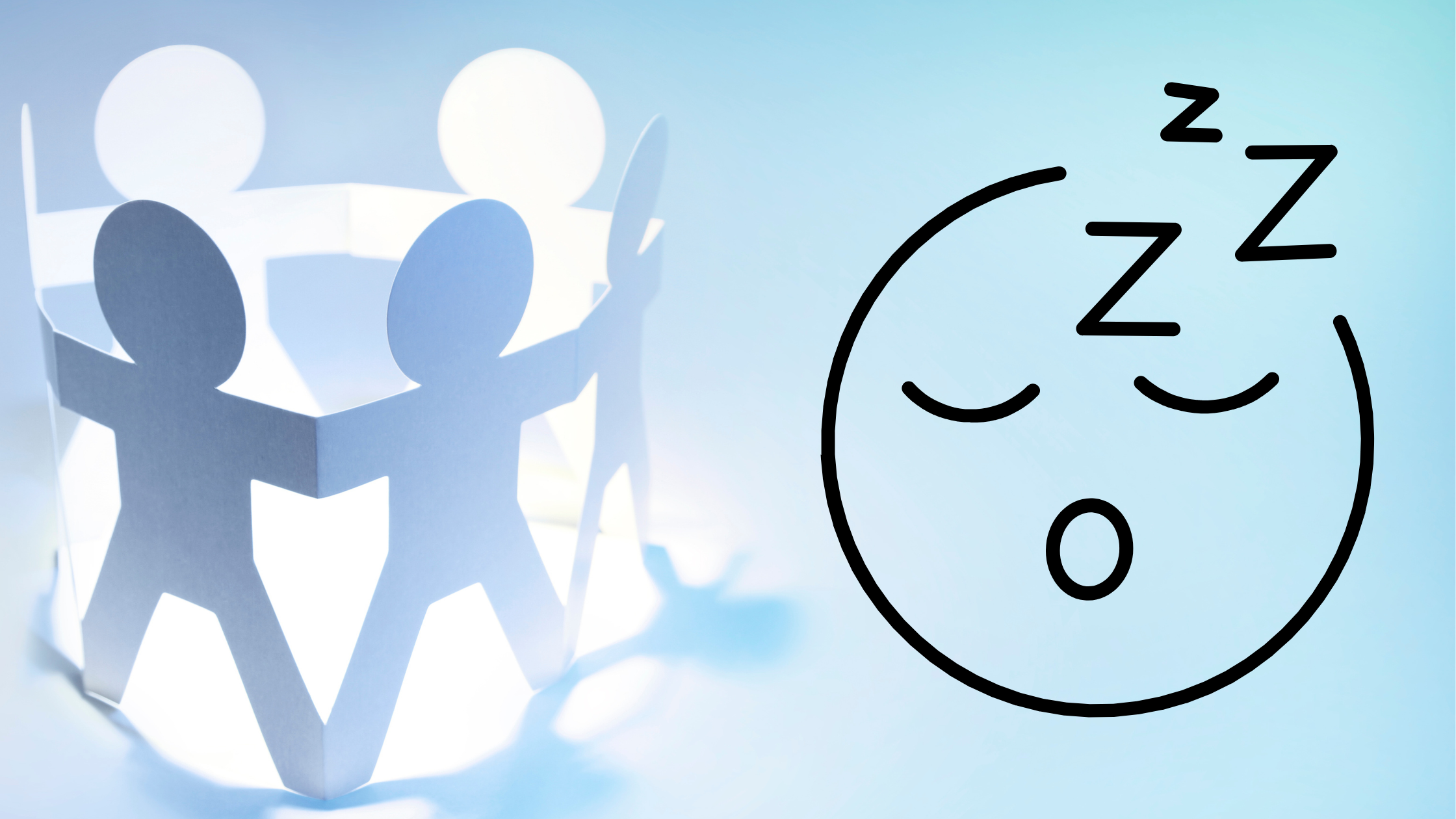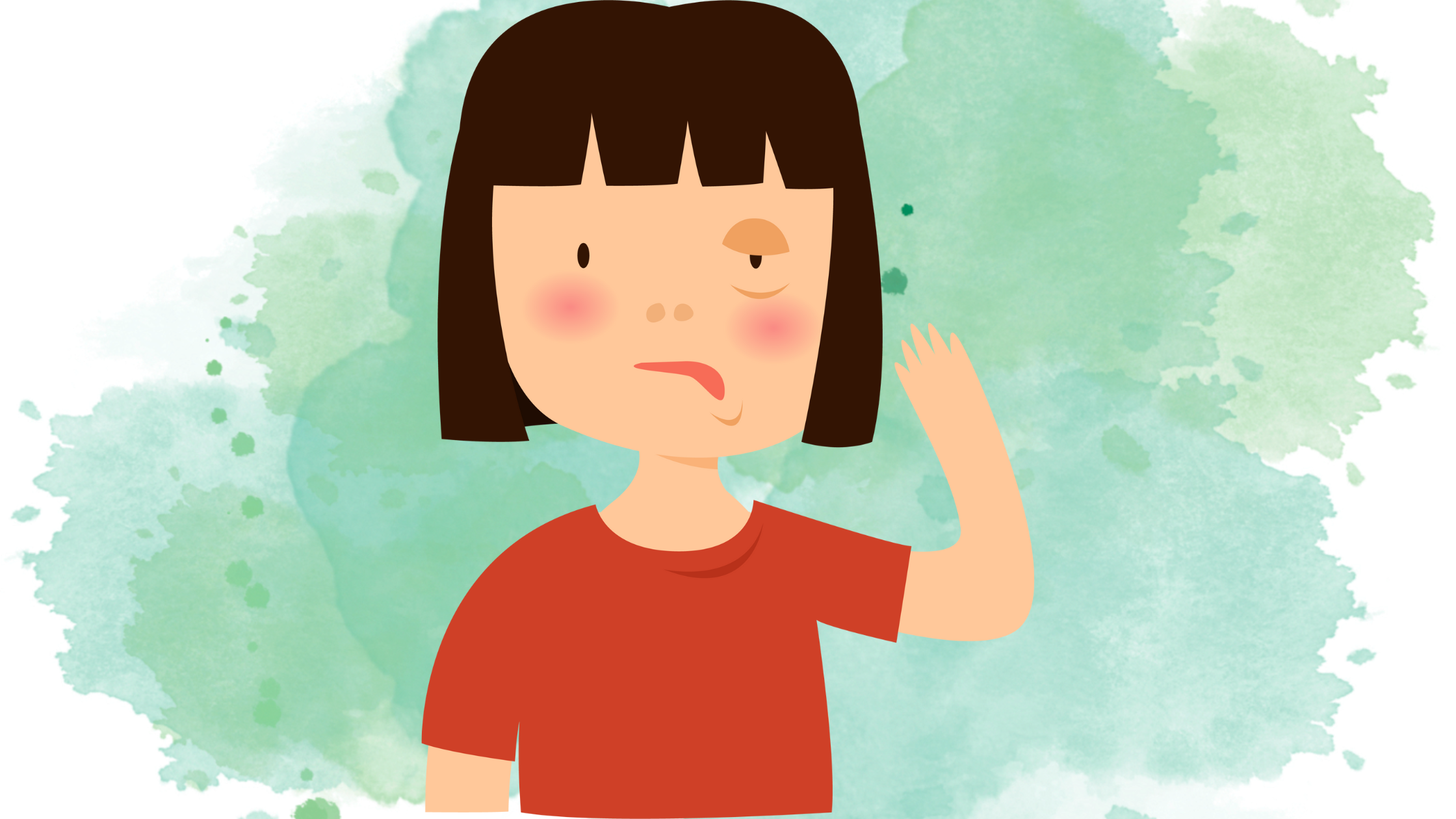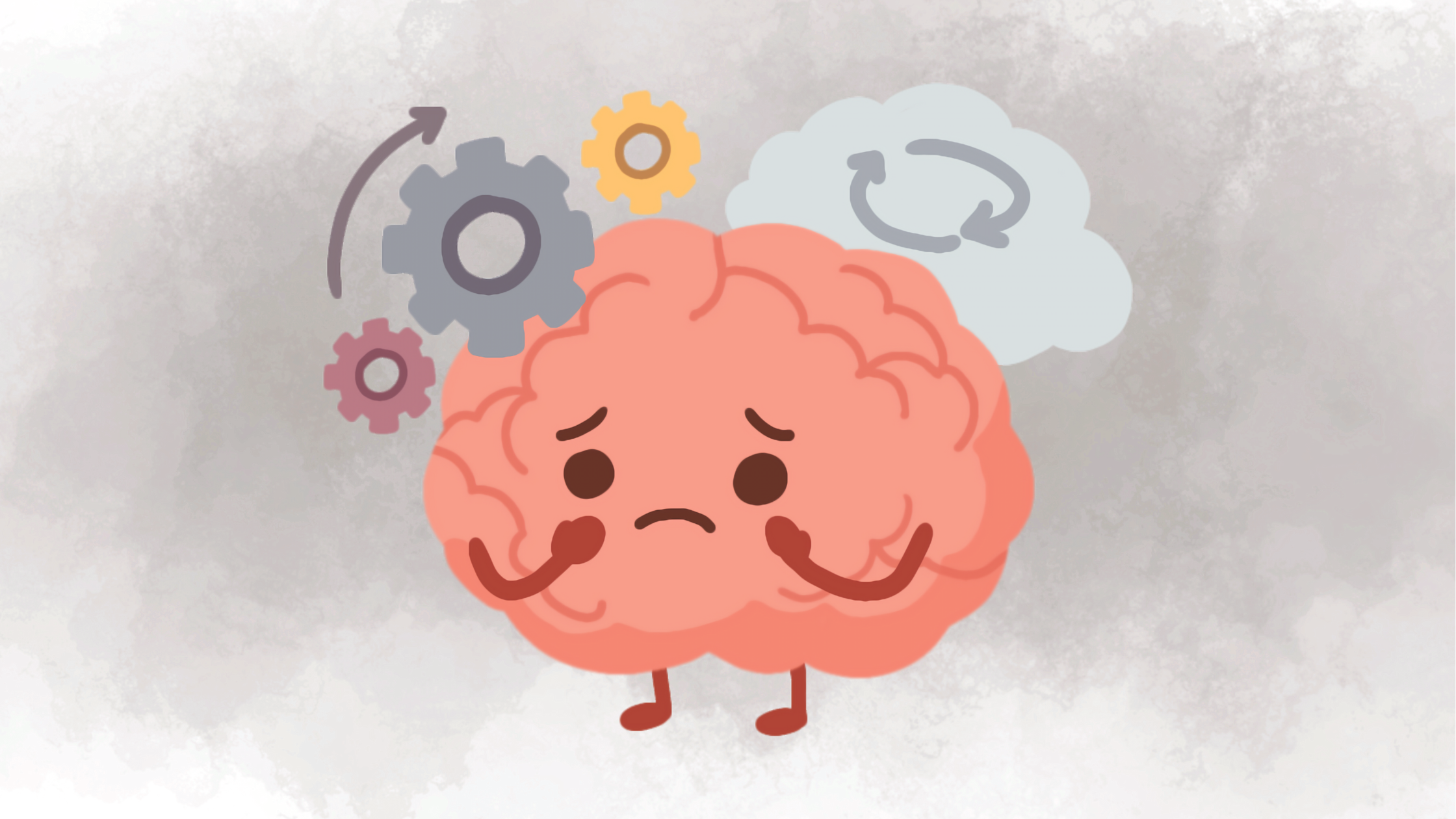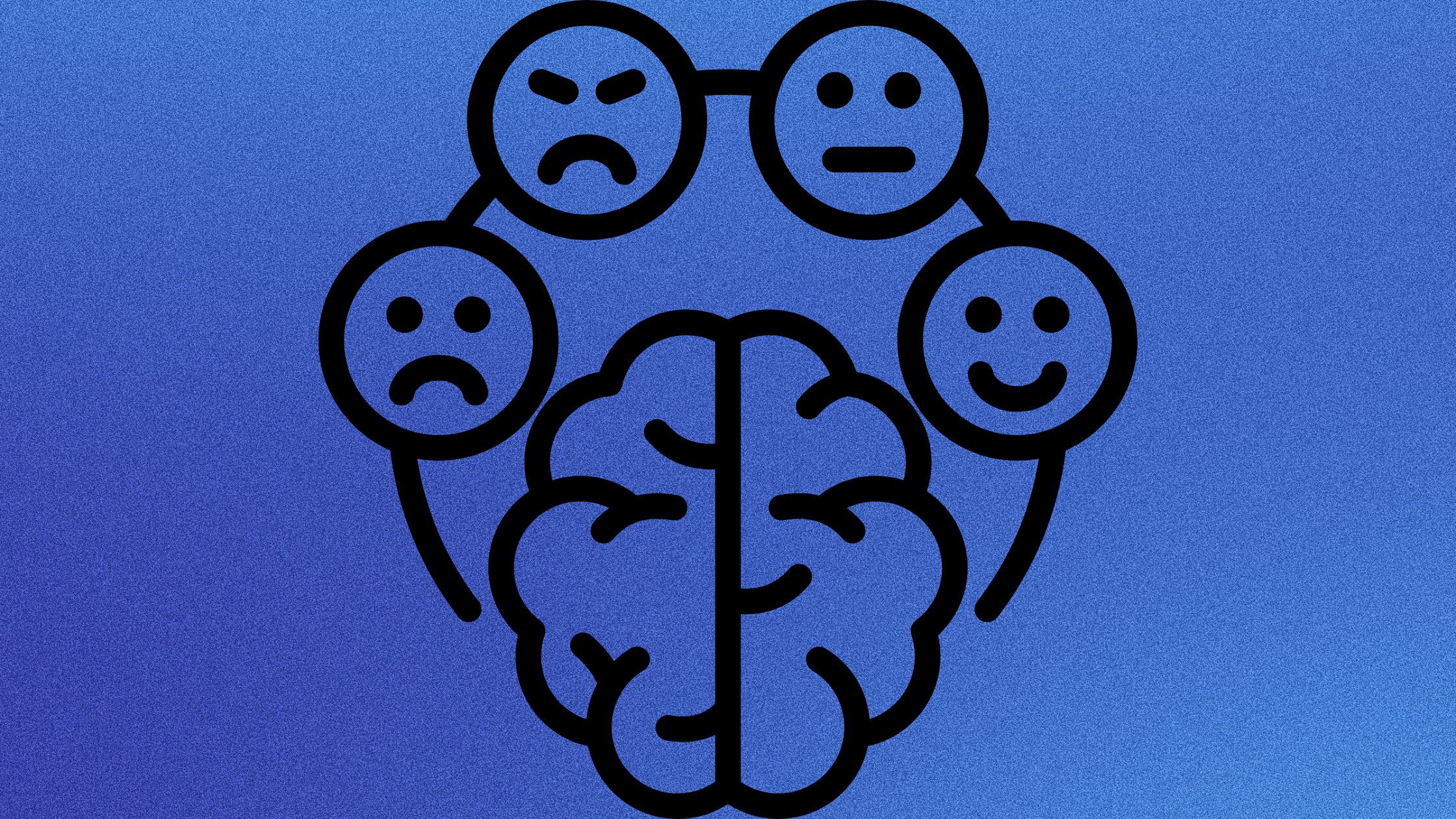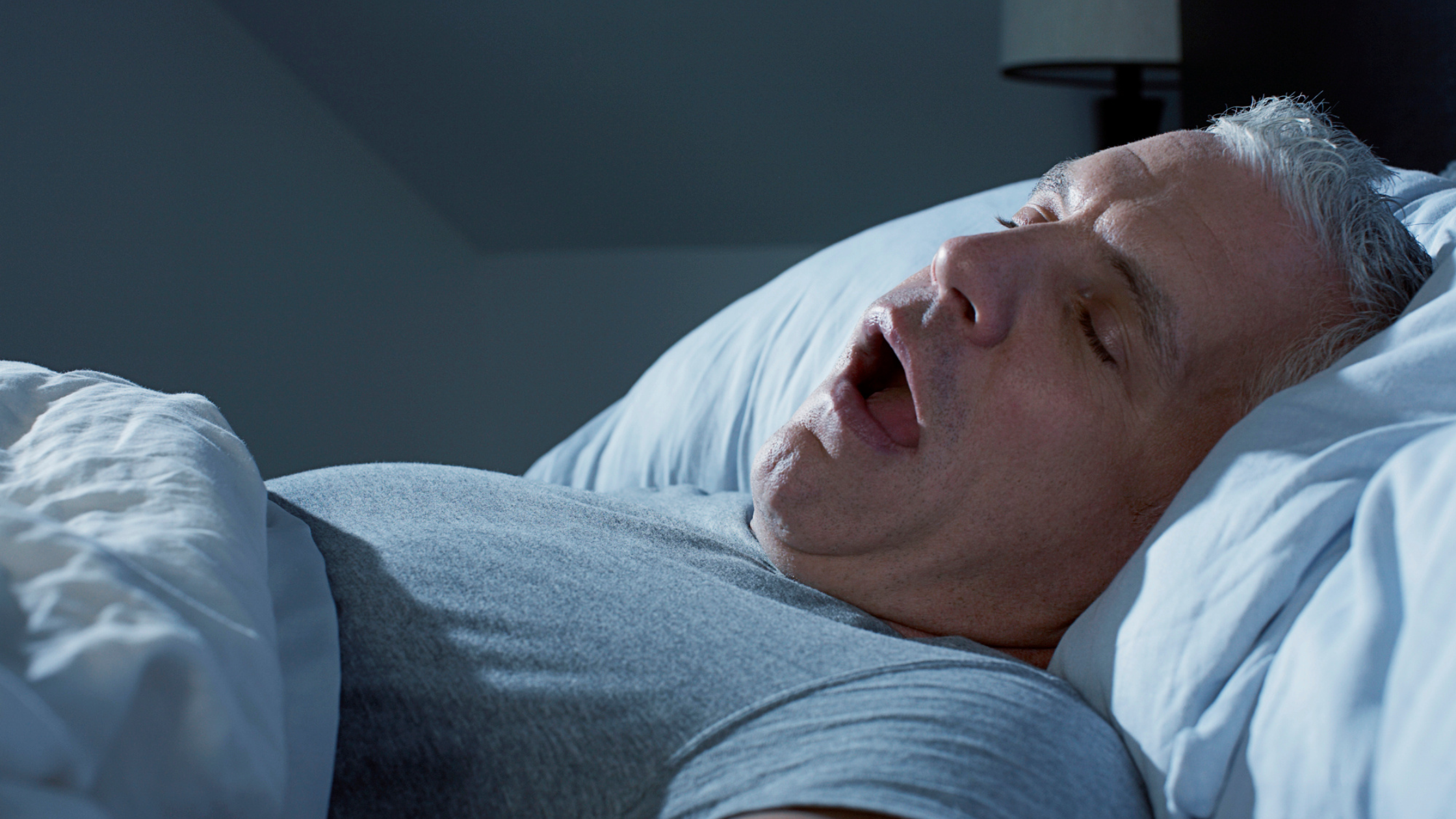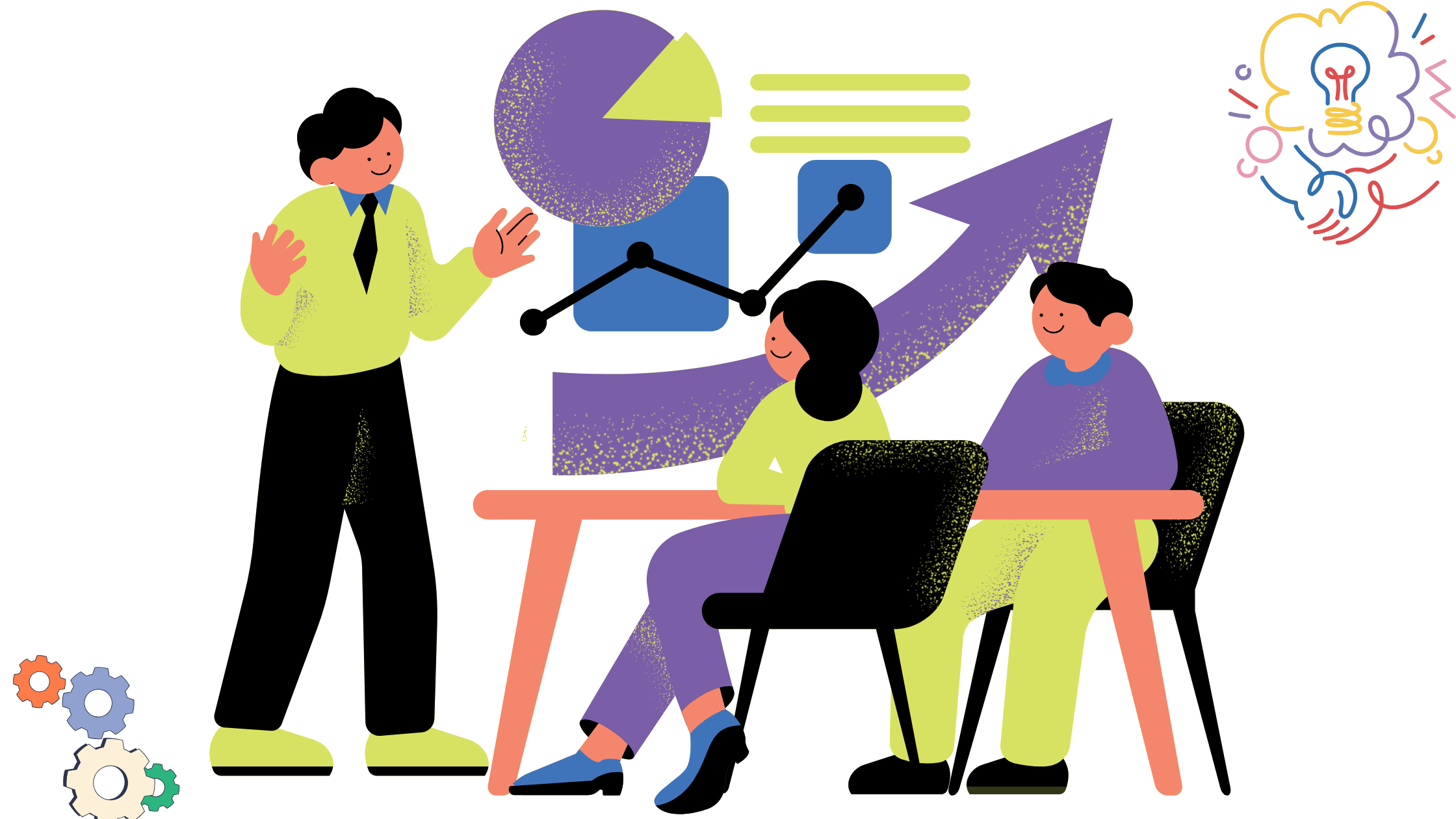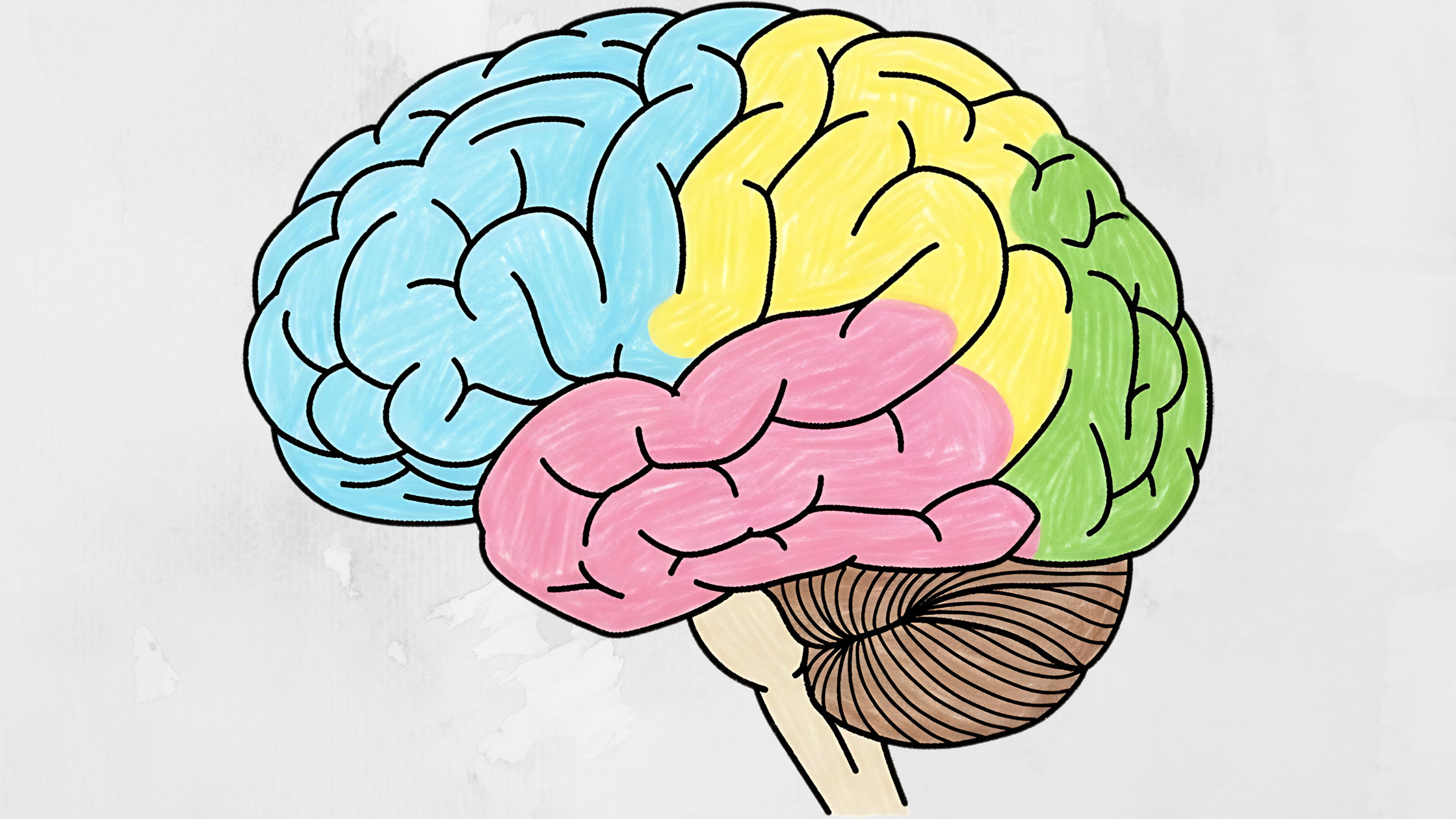Sleep is one of our most vulnerable states. We let go of control, reduce awareness of our surroundings, and trust that we are safe enough to rest. Because of this, sleep is deeply influenced by our sense of emotional security—making attachment styles a powerful and often overlooked factor in how well we sleep.
Attachment styles, shaped early in life through relationships with caregivers, continue to influence how we regulate emotions, respond to stress, and seek comfort in adulthood. These patterns don’t stop at the bedroom door.

